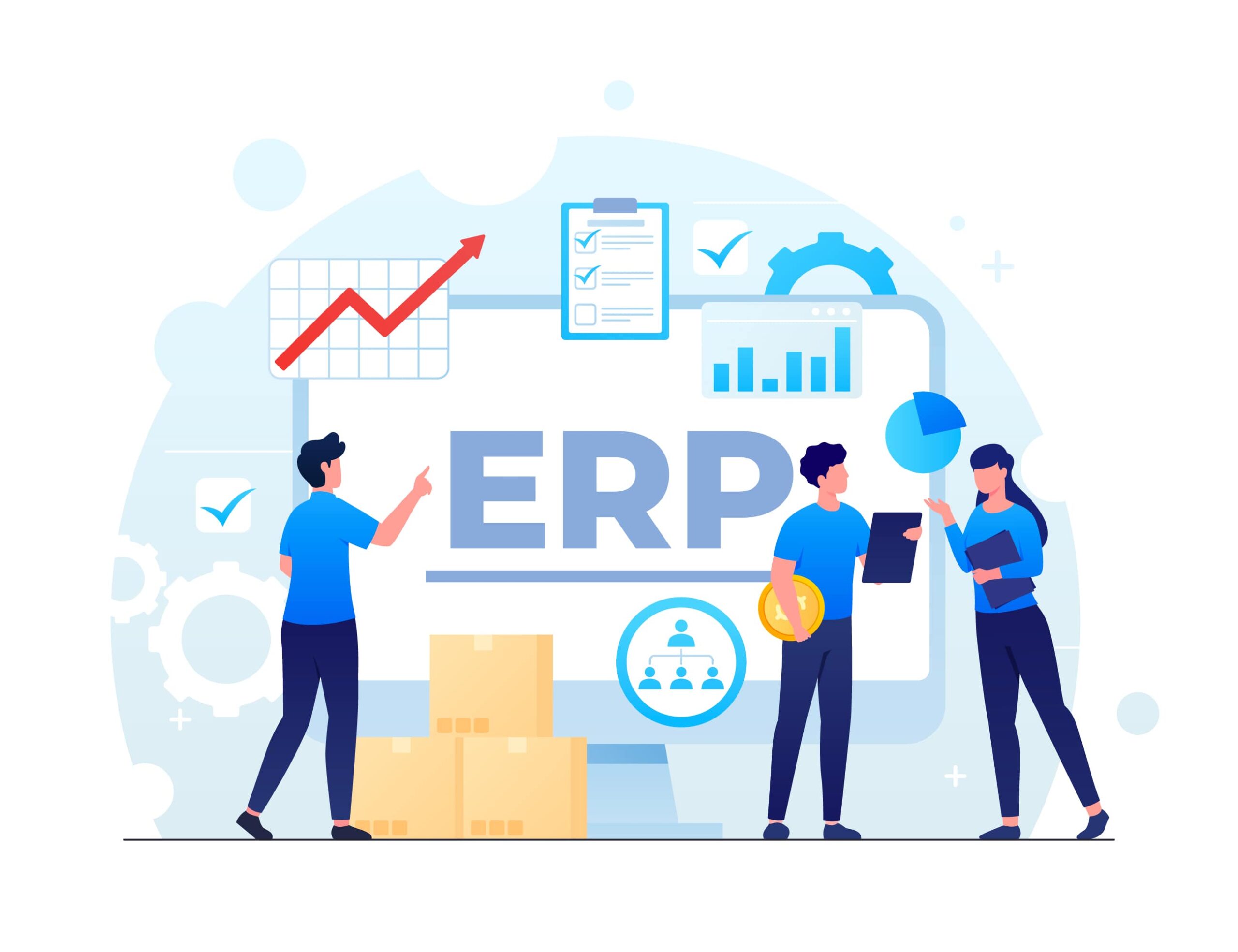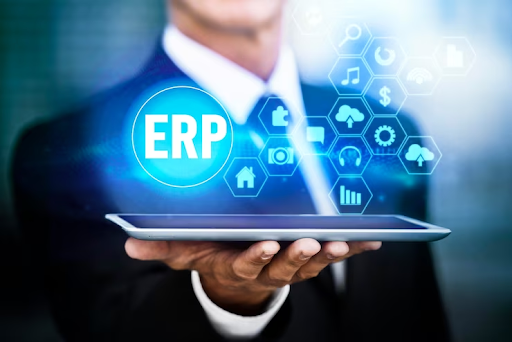What Is Resource Planning?
Resource planning is the systematic planning to utilize best an organization’s most valuable resource — its employees. Planned HR should ensure a good match between workers and jobs while avoiding downtime or extra work.
A good resource plan includes a detailed list of all the resources required for any project. Every project is a good resource plan that will have a sole operator.
The Importance of Human Resource Planning
An organization’s human resource requirements must be planned well in advance to compete effectively in the market. A well-thought-out human resource plan allows sufficient lead time for employee recruitment, selection, and training.
This article will discuss leveraging Resource planning within an ERP for a smooth operation and many configurations and factors to consider before purchasing.
Task Optimization:
The ERP system’s primary objective is to streamline company processes and automate manual labor.
Accounting teams can develop sales reports independently of sales managers. The ERP system enables managers and stakeholders to quickly access data and assists decision-makers in making the best business decisions. All necessary information is available in real-time, which enables fast decision-making.
Increase Team Collaboration: Team collaboration is critical to the success of any firm. To do this, you need an ERP system. The data is stored in a central location, making it easy for teams to find. In addition, it can extend existing inter-team cooperation across many operating in multiple locations over the internet through SaaS or cloud-based ERP systems. As a result, collaboration across cross-functional teams becomes easier.
Reduced Operating Expenses: ERP systems assist businesses in reducing operating costs by automating the majority of jobs and making disruptions and delays in work easy to detect and locate. All complex work is completed promptly and efficiently, reducing lead time. Additionally, businesses can save money by outsourcing daily chores to ERP solutions.
Improved Data Security: ERP solutions incorporate firewalls and access restrictions to safeguard against data breaches. All data is stored in a centralized system, allowing easy access points monitoring. Admins in charge of data management can exercise complete control over the information while granting limited rights to other personnel.
Forecasting Trends: Producing accurate forecasts is one of the most crucial aspects of corporate progress. Stakeholders rely on the data to forecast, which influences their decisions. As a result, organizations require real-time, comprehensive, and consistent reporting, which ERP can quickly provide. ERP reporting solutions use filters and analytics to ensure that inconsistent data is filtered out and accurate information is provided. The system delivers real-time data, which enables efficient decision-making.
Risk Mitigation: As businesses grow and expand internationally, keeping all requirements can be challenging. Local companies must also consider environmental, data protection, and human resource planning. Many ERP systems help you maintain and comply with rules and regulations. Chemical usage and tax provisions are among the built-in auditing tools. It makes reporting to other countries’ governments simple. An ERP system also helps control risks and improves overall financial performance.
Next, let’s look at ERP systems and their uses:
Other ERP:
On-Premise ERP: It is a traditional on-site ERP system where the software is connected locally on your company’s hardware and server operated by an IT personnel. ERP systems require an enormous initial investment because they require servers to run. In addition, you’ll need IT, workers to manage and measure the system.
Despite the high initial cost, on-site ERP systems are chosen to protect data. In addition, it is elementary to customize and control the installation process. Ordinarily, significant businesses use traditional ERP solutions.
Things to Think About Before Buying an ERP:
Business Needs
- For each organization, they must customize an ERP system. Understand your company’s difficulties and the ERP software’s potential solutions.
- Before deciding, find out about the vendor’s clients, industry standards, and client testimonials.
- Customers require customer service. Training, mentoring, and post-deployment maintenance are all parts of support.
- ERP systems must be simple to integrate and customize. Business needs frequently change. Therefore, you may want extensive integration and customization.
Implementation Time: One of the essential elements to consider while selecting ERP software is implementation time. Implementation is dependent on the number of revisions. The implementation procedure will be lengthier if the customization is high. Cloud-based ERP is easier and faster to adopt than traditional ERP. So, pick the best software for your business.






